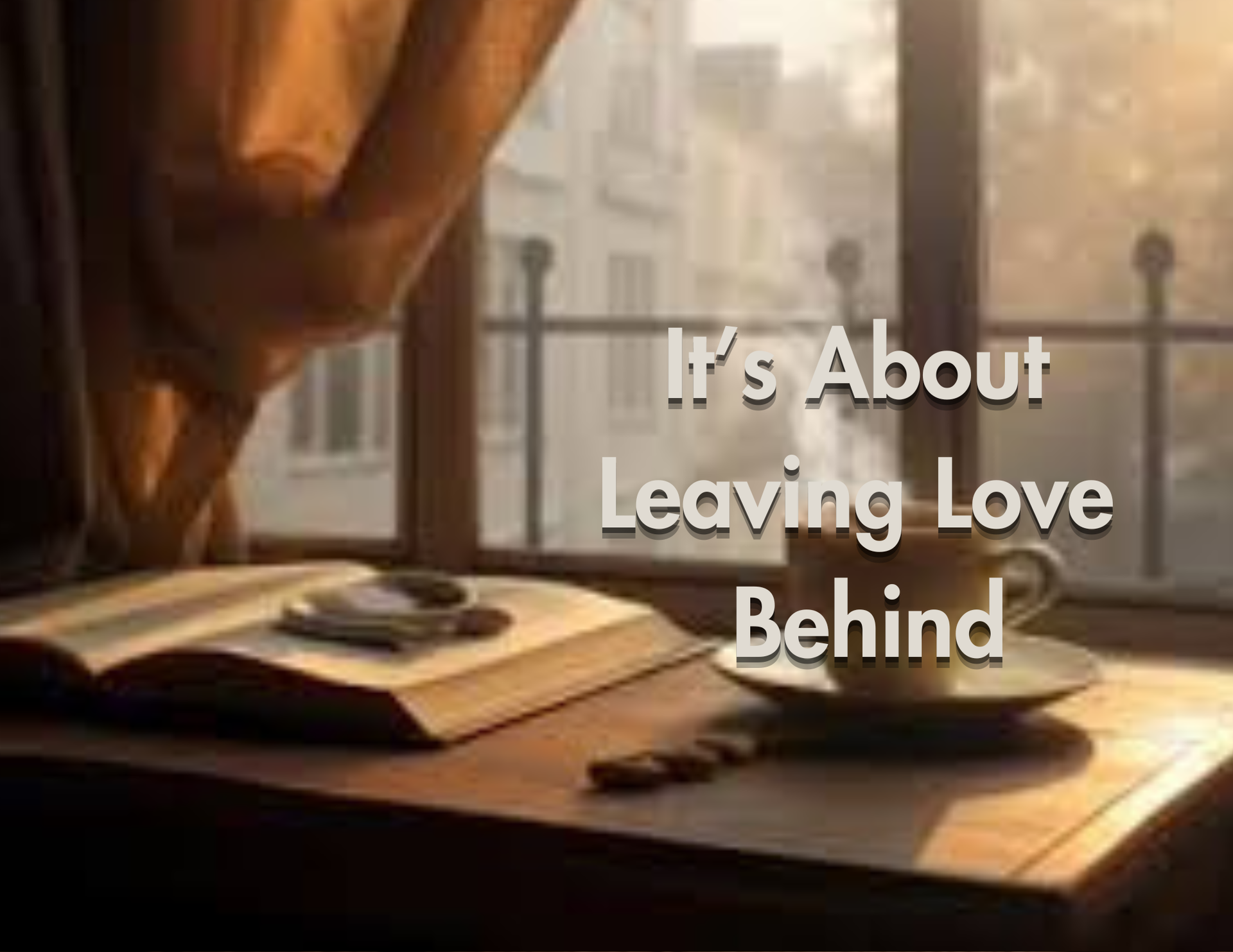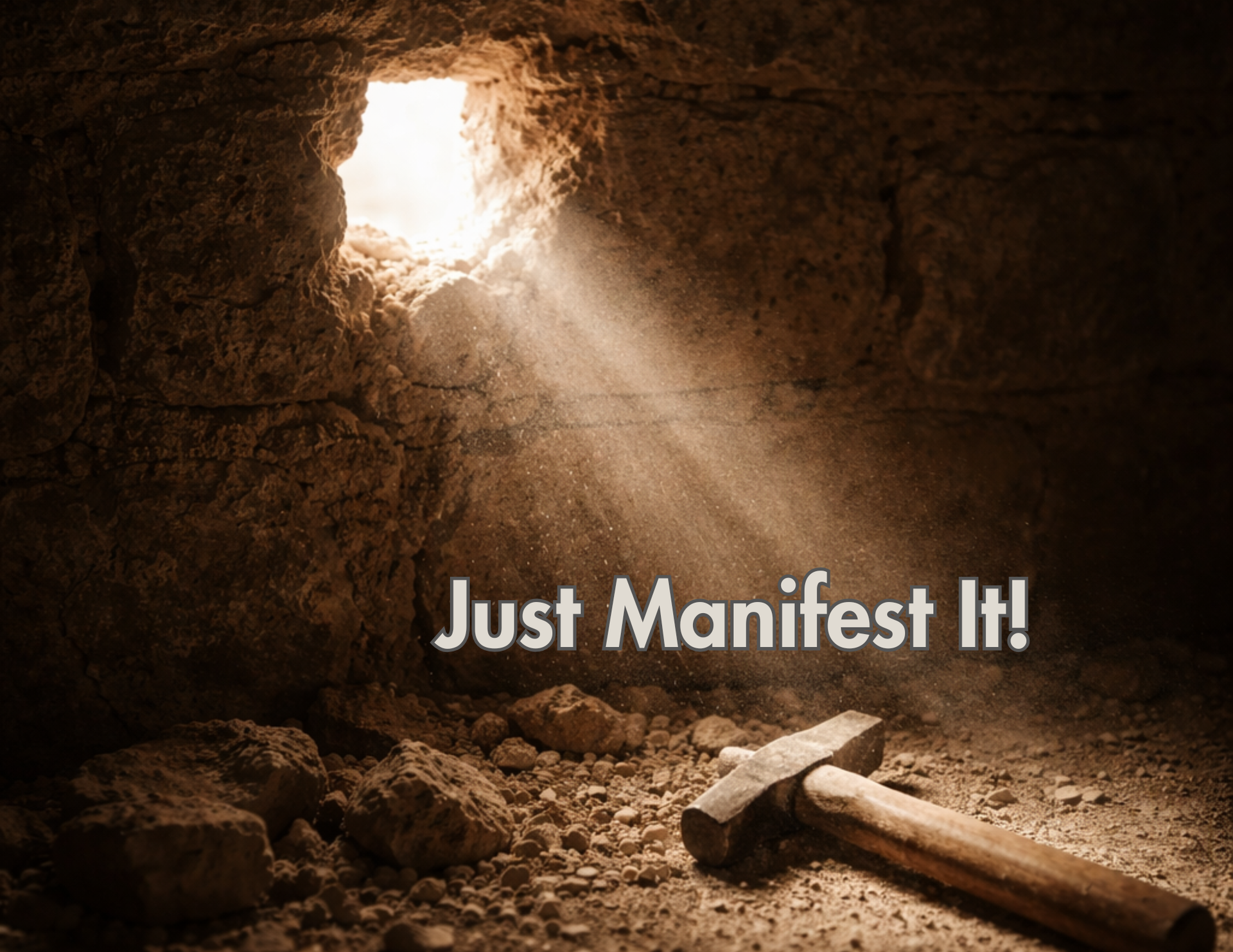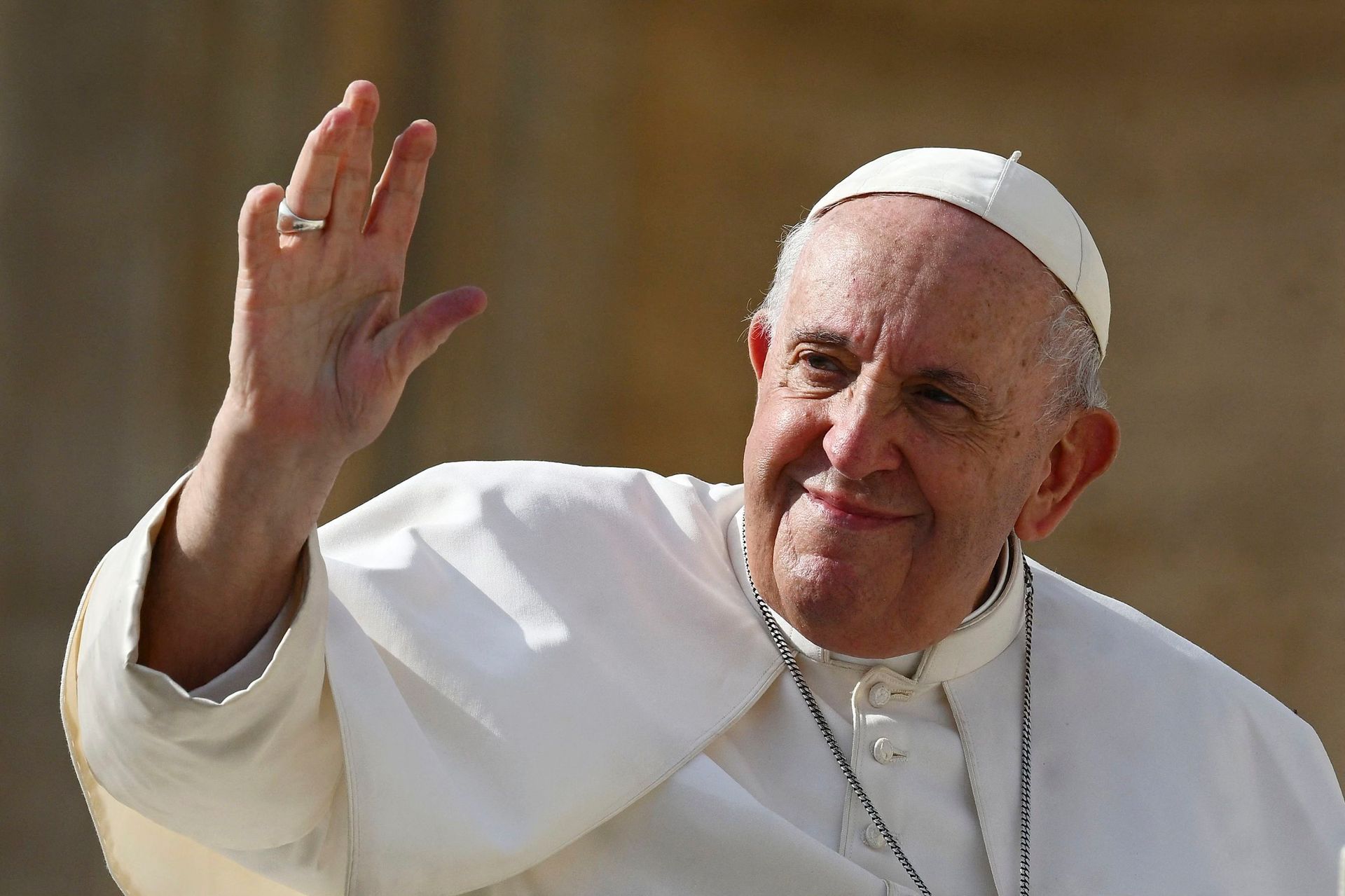The Holy Trouble-Maker
Word is, Pope Francis has gone home to God.
And while the world mourns the passing of a spiritual giant, I can’t help but picture heaven trying to get him to slow down. St. Peter probably met him at the gates saying, “Francis—rest.” And Francis, grinning, replying, “Rest? There’s still work to do.”
Because that’s who he was.
A holy trouble-maker. A pastor who smelled like his people. A man who traded red shoes for orthopedic ones and golden vestments for the grit of real life. He was more interested in carrying the wounded than in being carried on anyone’s shoulders.
As a United Methodist elder who grew up Catholic, my memories of the Church are stitched with sacred things: the quiet weight of the rosary in my mother’s hands, the heavy sweetness of incense, the silence of Good Friday that somehow said everything. I may wear a different stole now, but that tradition still lives in my bones. It taught me to reverence the mystery.
And when Jorge Mario Bergoglio stepped onto that Vatican balcony and chose the name Francis, it didn’t just feel like a name. It felt like a signal. A shift. A turning toward the dirt and the poor and the birds and the broken.
He was invoking the barefoot saint of Assisi—the one who kissed lepers, talked to sparrows, and prayed with his feet. And just like his namesake, this Francis pointed again and again to the margins and said, “That’s where Christ is.”
Not in palaces. Not in power. But in the places where people ache and sweat and scrape by. In refugee camps and rehab centers. In storm drains and soup kitchens. In the lives that don't make the news but make up most of the world.
His theology? It wasn’t flashy. Which made it radical.
Love the poor.
Welcome the stranger.
Protect the earth.
Tear down walls.
Build longer tables.
That’s not just doctrine. That’s dinner-table gospel. That’s altar-in-the-wild kind of holiness. We Methodists call it social holiness—faith that doesn’t stay put in pews, but goes walking. Pope Francis lived it. Preached it. Modeled it. Over and over again.
And now? It’s our turn.
We may not be able to canonize him (yet), but we can canonize his way. In our kitchens and classrooms. In voting booths and food banks. In how we listen, how we serve, how we show up and stay put.
We pick up the torch. We live the prayer of St. Francis until it becomes the rhythm of our steps and the shape of our days.
Lord, make us instruments of peace.
Of joy.
Of holy mischief.
Rest well, Francis.
You found the sacred in the unlikely places.
Now it's our job to keep looking.




